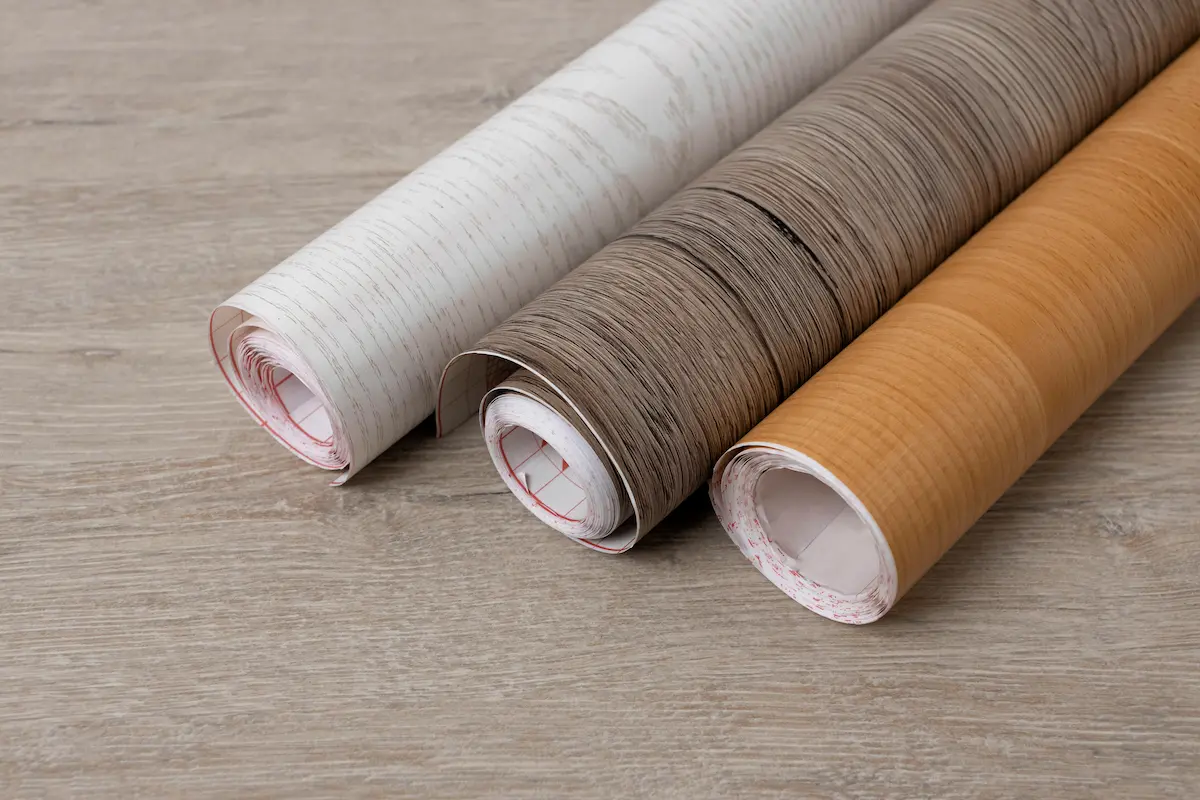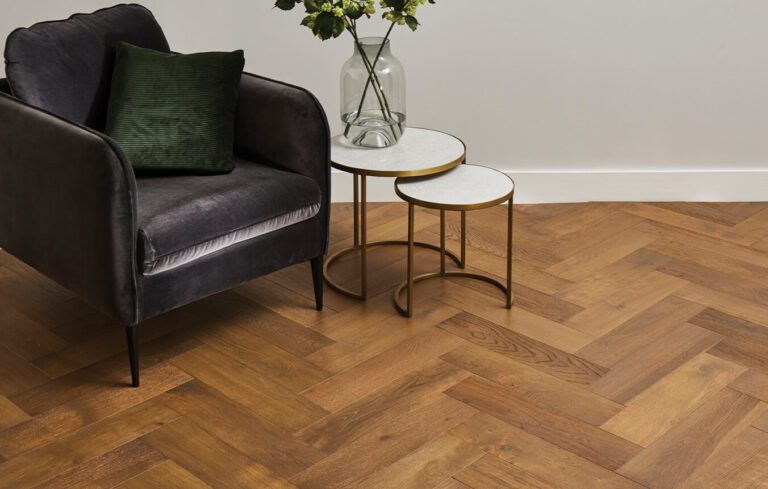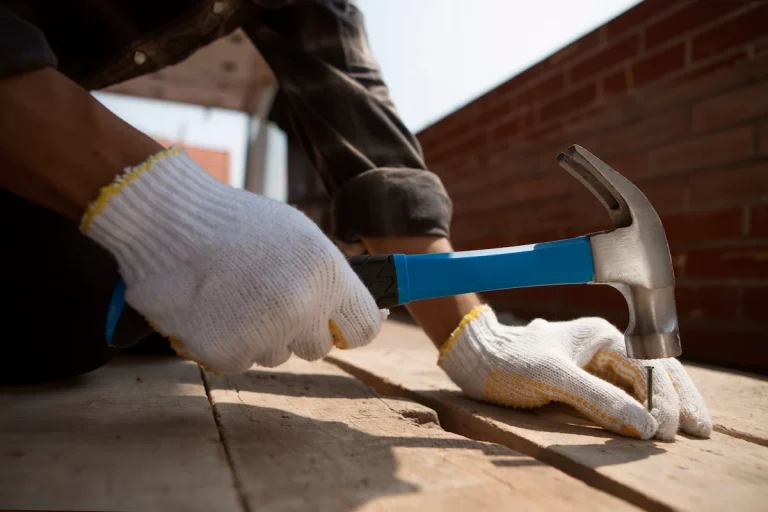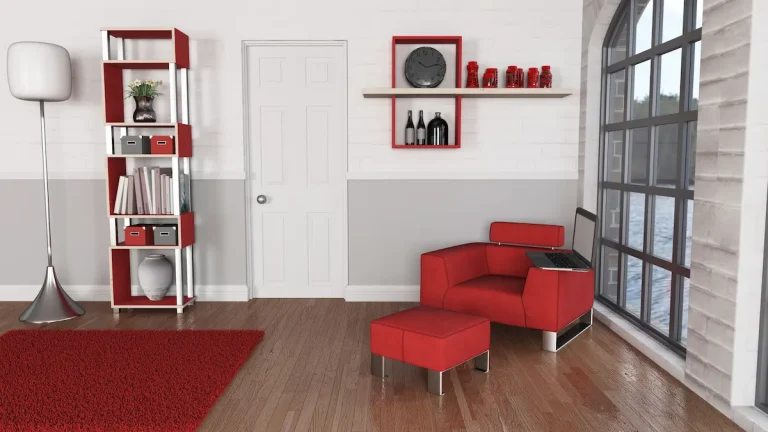Choosing the best thickness for vinyl flooring is crucial to ensure durability, comfort, and longevity. Whether you are fitting out a home, office, or commercial space, the correct thickness can make all the difference to performance and appearance.
Vinyl flooring comes in a range of thickness options. This guide will walk you through everything you need to know, including the vinyl flooring thickness guide for different settings.
Best Thickness for Vinyl Flooring Recommendation
Choosing among different thickness options is easier when you know what to expect. Here’s a breakdown of the most common thicknesses:
A. 2mm Vinyl Flooring: Budget-Friendly but Light-Duty
2mm vinyl flooring is the most affordable option, ideal for low-traffic areas such as guest bedrooms or decorative spaces.
Pros:
- Cost-effective
- Easy to install
- Wide variety of designs
Cons:
- Prone to dents and scratches
- Shorter lifespan in busy areas
This thinner option suits light-use environments but may require more maintenance or replacement over time. Always weigh your budget against the practical demands of your space.
B. 4mm Vinyl Flooring: A Good Middle Ground
4mm vinyl flooring strikes a balance between affordability and durability, making it a popular choice for moderate residential and light commercial use.
Pros:
- Good scratch and stain resistance
- Water-resistant
- Easier DIY installation
Cons:
- May not endure very heavy foot traffic
Ideal for living rooms, offices, or retail spaces, 4mm vinyl offers a realistic look and improved resilience compared to thinner options, as emphasised in many a Luxury Vinyl Flooring Thickness Guide.
C. 6mm Vinyl Flooring (LVP, LVT, SPC Core): Enhanced Strength
6mm vinyl flooring with SPC core construction is a fantastic choice for high-traffic areas where durability is key.
Pros:
- Excellent resistance to wear and tear
- Highly waterproof
- Reduces noise
Cons:
- Higher cost
- Professional installation often needed
Perfect for busy households, pet-friendly homes, and commercial settings, this option promises performance that lasts while still offering attractive design choices.
D. 8mm Vinyl Flooring (Luxury Vinyl Plank): Premium Comfort and Performance
8mm vinyl flooring provides outstanding comfort underfoot, impressive durability, and excellent sound insulation.
Pros:
- Luxurious feel
- Superior moisture resistance
- High-end aesthetic
Cons:
- More expensive
- Needs careful installation in humid areas
When comfort and quietness matter—such as in flats, home offices, or upscale shops—8mm vinyl flooring is a superb choice, heavily recommended in any serious vinyl flooring thickness guide.
What Thickness Do I Choose For My Vinyl Flooring?
Selecting the correct thickness depends on your space’s specific needs. Let’s look at recommendations based on different factors.
A. Best Thickness for High Traffic Areas
For heavy foot traffic, the best thickness for vinyl flooring is typically between 6mm and 8mm.
6mm flooring offers excellent everyday durability, while 8mm options deliver maximum resilience against impacts, dents, and scratches. Whether for busy households or bustling commercial spaces, a thicker floor will ensure your investment stands the test of time.
B. Best Thickness for Underfloor Heating
When fitting vinyl flooring over underfloor heating systems, a thickness between 4mm and 6mm is ideal.
Thinner vinyl, around 4mm, allows for faster heat transfer, maximising energy efficiency. If you prefer a cushioned feel underfoot, 5mm or 6mm products still offer excellent thermal conduction without compromising comfort.
Always ensure compatibility with your heating system by consulting both the product’s Luxury Vinyl Flooring Thickness Guide and the heating manufacturer’s recommendations.
C. Best Thickness for Sound Absorption
Sound insulation matters, especially in flats, offices, or noisy households. The ideal thickness for noise reduction lies between 6mm and 8mm.
6mm vinyl reduces minor sound transfer, while 8mm offers significant acoustic dampening, perfect for bedrooms, lounges, and open-plan spaces. Self-adhesive vinyl options with extra thickness can also enhance quietness while making installation easier.
Selecting a thicker product ensures a peaceful and comfortable environment.
D. Best Thickness for Durability (Commercial Spaces)
Commercial spaces demand flooring that can handle heavy wear and tear. The best thickness for vinyl flooring in commercial settings ranges from 6mm to 8mm.
- 6mm: Sufficient for moderate use, such as boutique shops or small offices.
- 8mm: Recommended for malls, busy restaurants, and heavy-duty applications.
A thicker vinyl floor ensures better shock absorption, stain resistance, and aesthetic longevity—qualities essential for thriving businesses.
What Is a Good Vinyl Flooring Thickness for Residential Homes?
For most residential homes, a good vinyl flooring thickness falls between 4mm and 6mm. This range delivers a balance of comfort, durability, and affordability.
Light-use areas (like bedrooms) may only require 4mm, while high-traffic zones (such as kitchens or hallways) benefit from 5mm to 6mm thickness. Always refer to a detailed vinyl flooring thickness guide when planning your installation to ensure you select the right fit for each room.
Conclusion: Choosing the Best Thickness for Vinyl Flooring
Finding the best thickness for vinyl flooring is essential for achieving durability, comfort, and style tailored to your needs. Whether you require the robust 8mm for a busy office, a cosy 4mm for underfloor heating, or something in-between for your home, making an informed choice will ensure your flooring remains beautiful and functional for years to come.
If you’re ready to explore top-quality vinyl flooring options, TEKA Flooring is here to help. Our experts offer guidance tailored to your needs, ensuring you find the perfect fit. Visit TEKA Flooring today or contact us for expert advice and installation services!
Reda also:

































